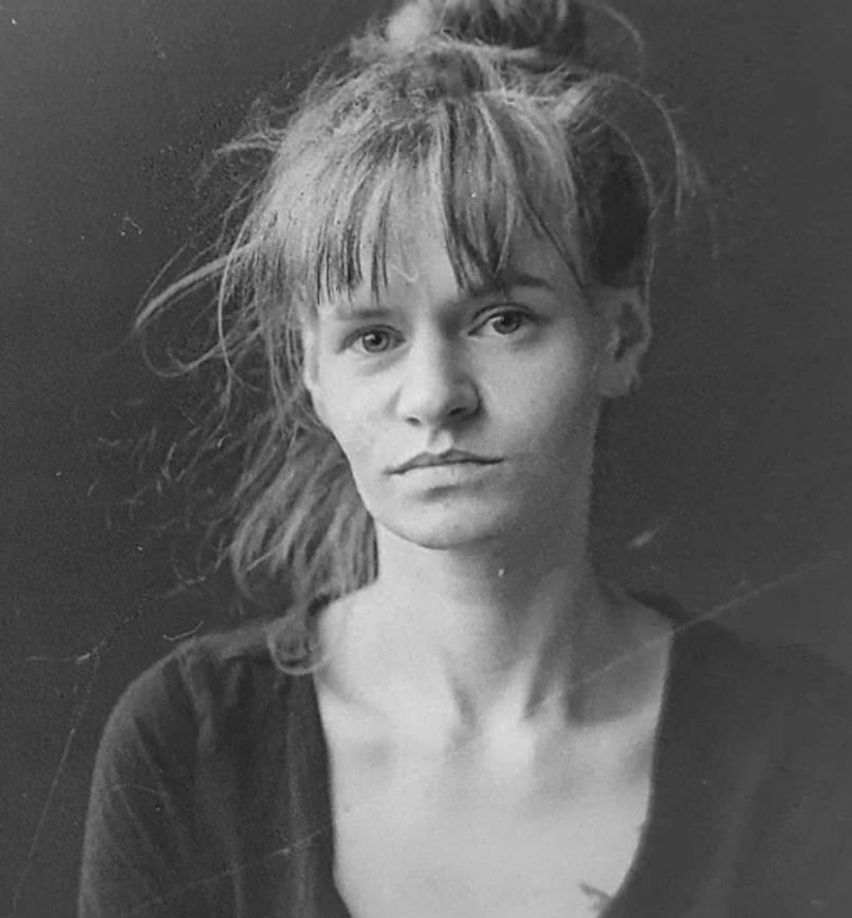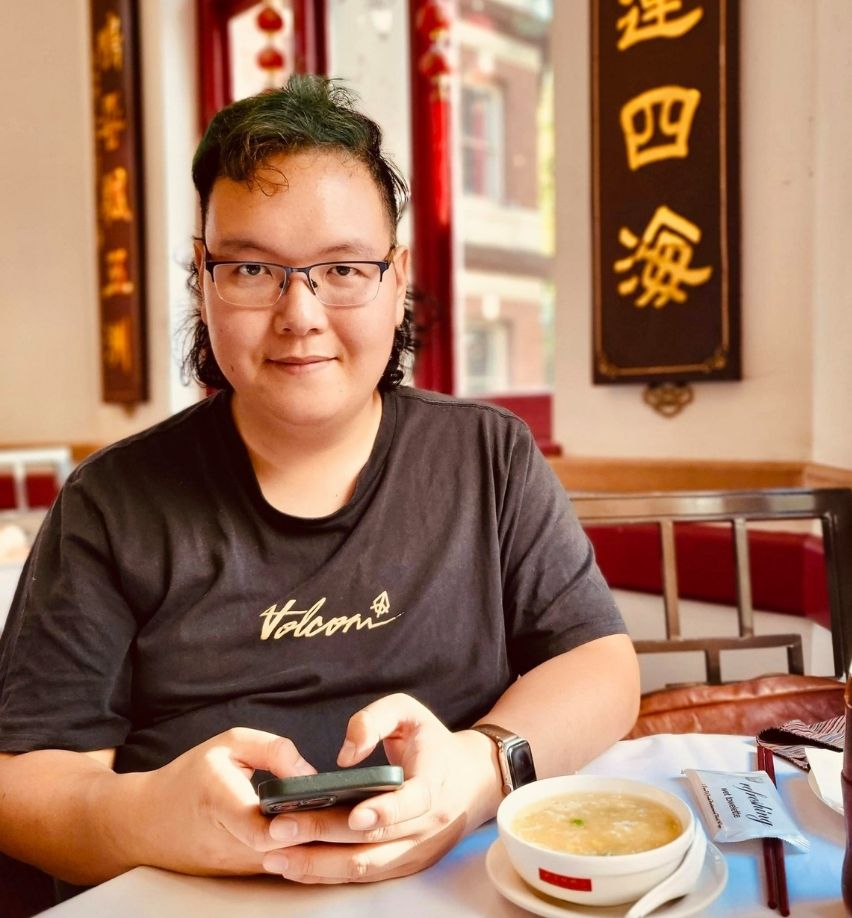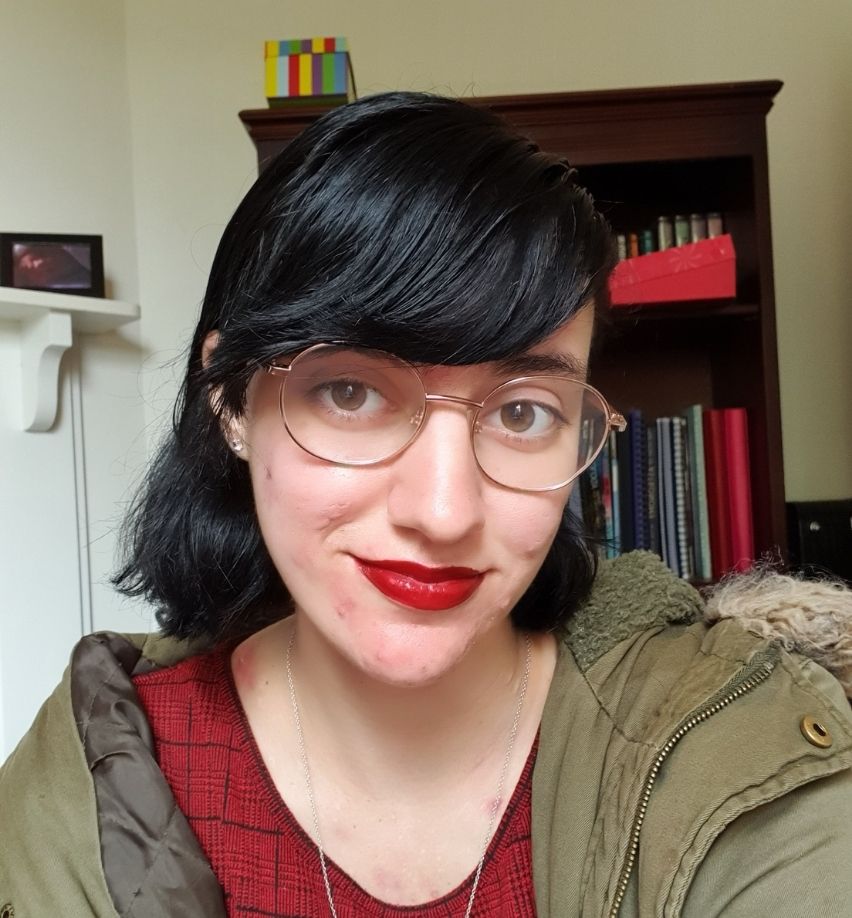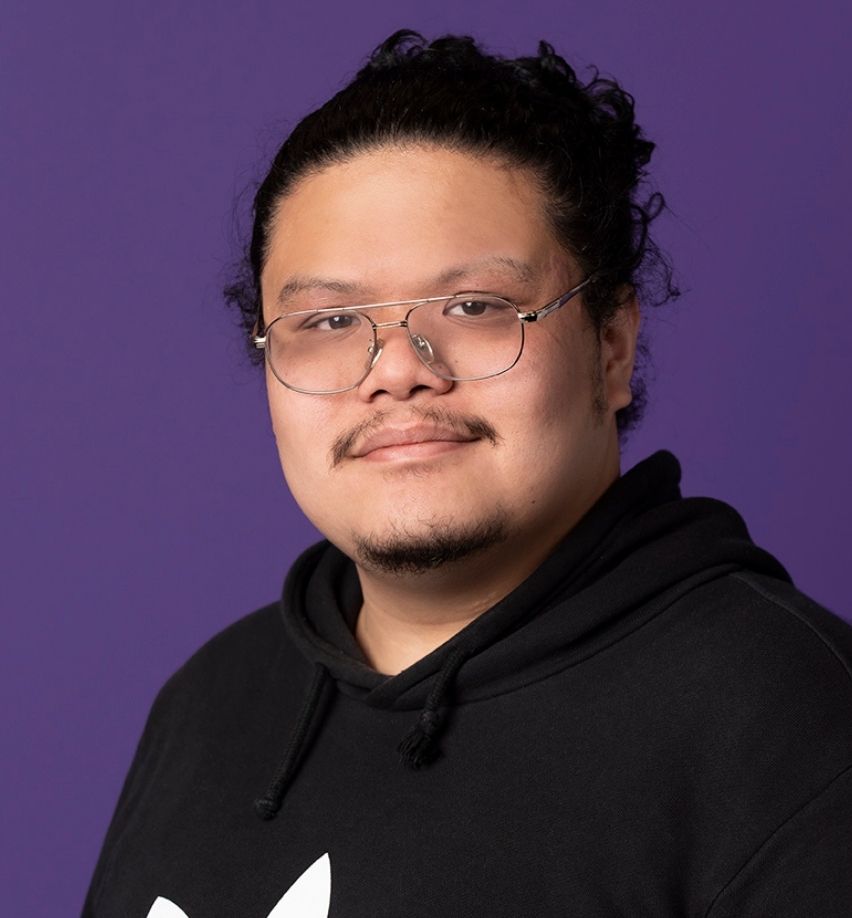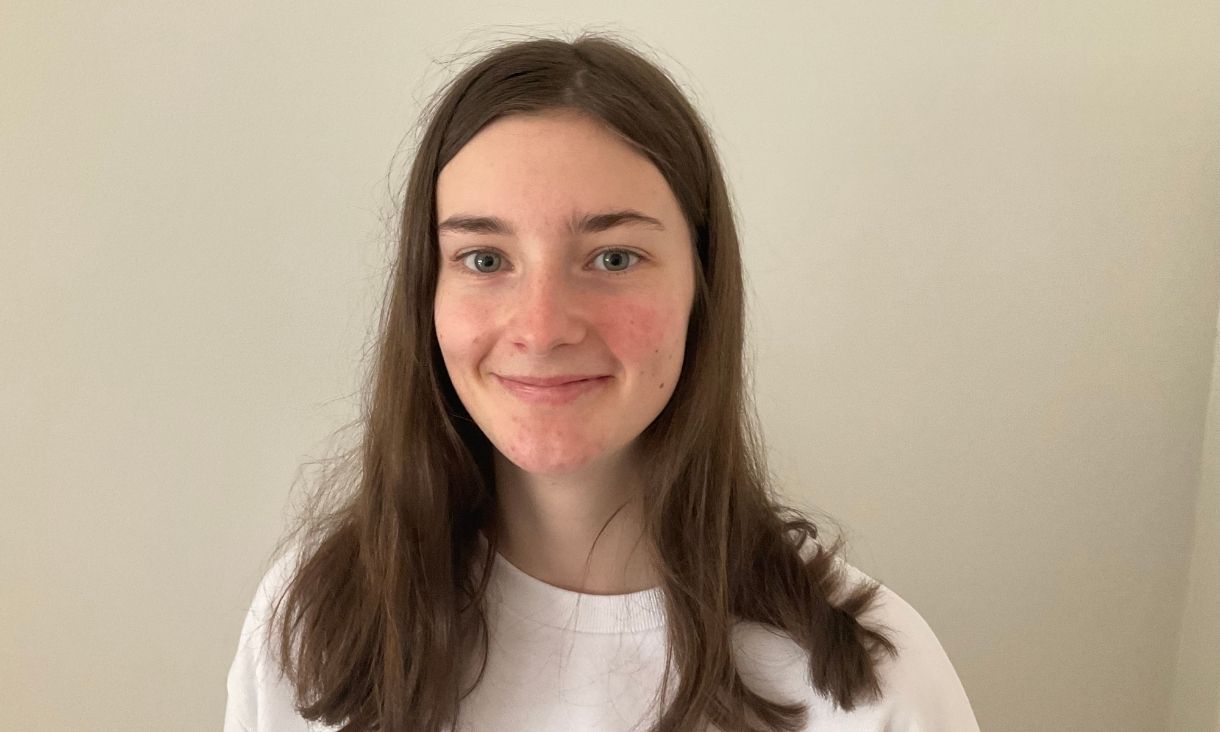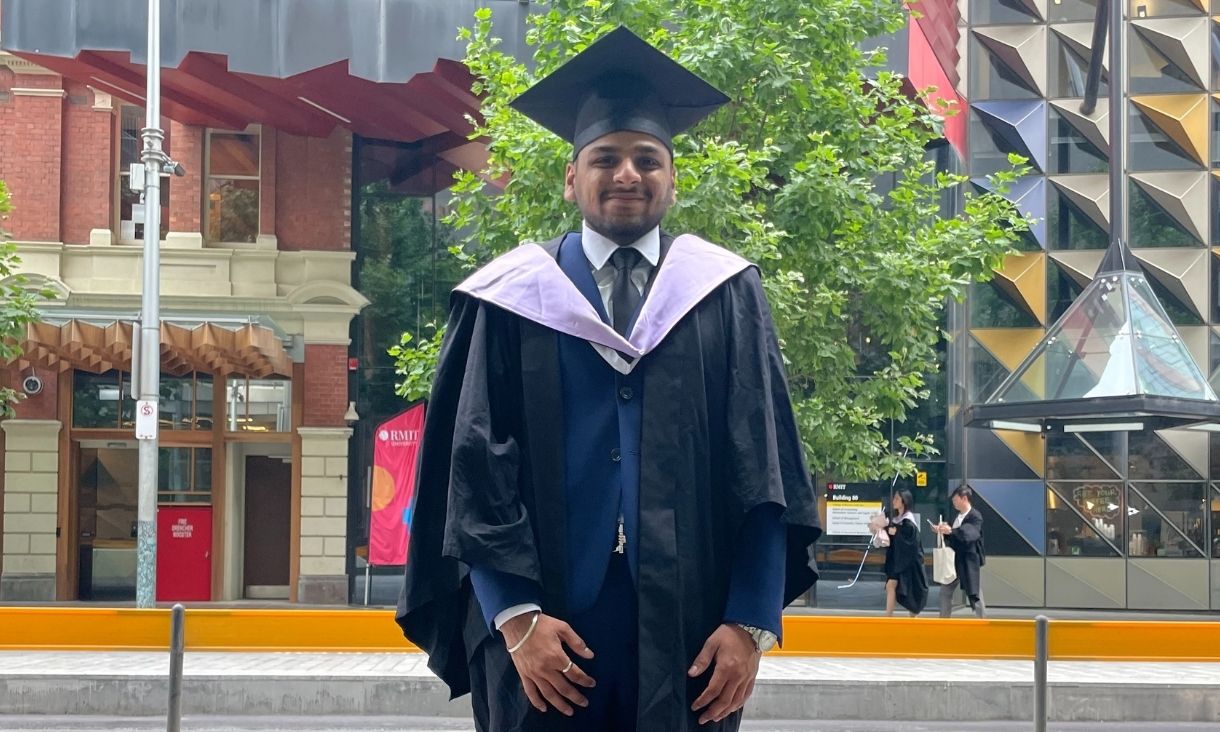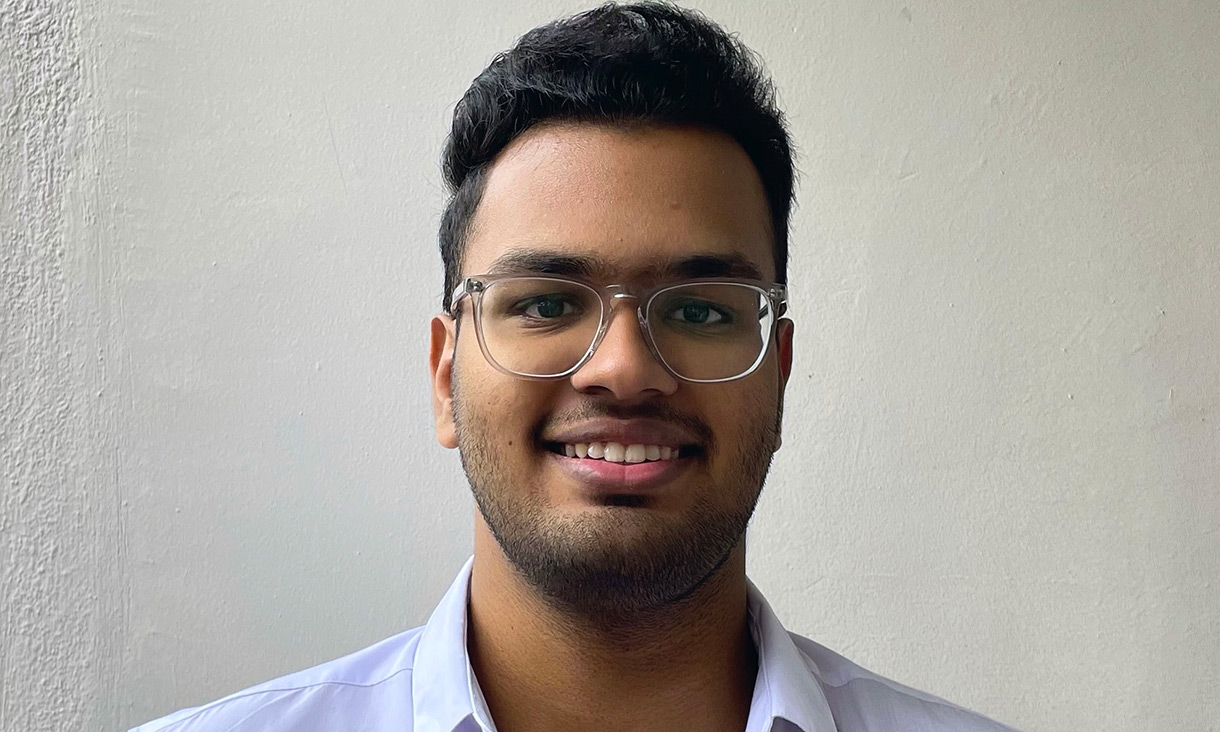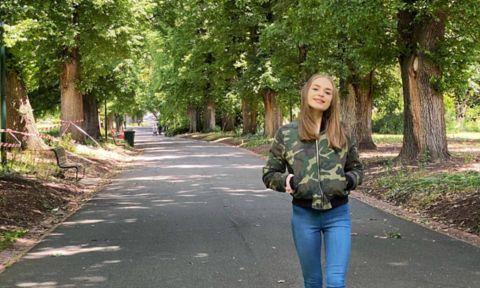Celebrating our graduates - Keelin Nicholson
RMIT graduate Keelin is making it her mission to help children.
Celebrating our graduates - Harsh Jain
Described by his educators as a student that epitomises integrity, impact and curiosity, Harsh is an outstanding graduate at RMIT.
Connecting with industry professionals
Karthikeya knows how competitive the job market is, which is why he is using RMIT's Career Mentoring program to connect with industry.
Celebrating our graduates – Alicia Currie
After a break between high school and university, Alicia Currie’s career path became clear after taking on a Diploma of Business.

